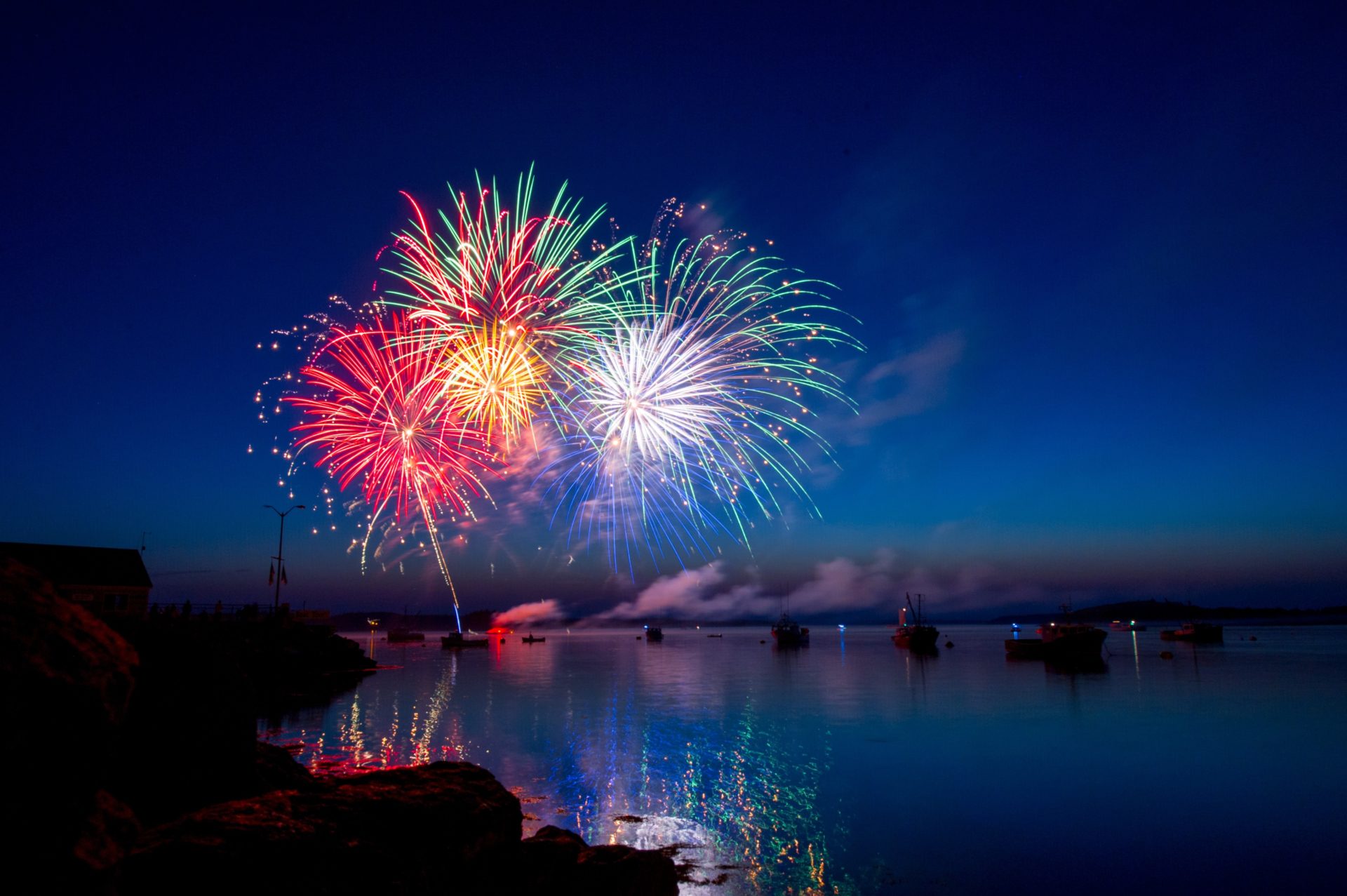
Photo by Ray Hennessy on Unsplash
Declarations of freedom: Reflections on Juneteenth and the Fourth of July
There is ambivalence about both observances for me. Starting with Juneteenth, it is difficult to celebrate a holiday that represents continued exploitation. Black Texans were enslaved and treated to the horrific abuses that slavery represents for an additional two and a half years following the Emancipation Proclamation. It was criminally outrageous to have so suffered and yet are we to celebrate as though there were no issues? Union soldiers rode into Galveston to declare the people freed, but freed to what? Where were they to go? What were they to do? The newly freed had been purposely kept ignorant in their oppression, unprepared to lead the independent lives that freedom promised. Many would end up serving former masters as sharecroppers, where their exploitation only continued as they were cheated out of promised profits, harvests, and land.
What, to the American slave, is your Fourth of July? I answer: a day that reveals to him, more than all other days in the year, the gross injustice and cruelly to which he is the constant victim. To him, your celebration is a sham; your boasted liberty, an unholy license; your national greatness, swelling vanity; your sounds of rejoicing are empty and heartless; your denunciations of tyrants, brass fronted impudence; your shouts of liberty and equality, hollow mockery; your prayers and hymns, your sermons and thanksgivings, with all your religious parade, and solemnity, are, to him, mere bombast, fraud, deception, impiety, and hypocrisy—a thin veil to cover up crimes which would disgrace a nation of savages. There is not a nation on the earth guilty of practices, more shocking and bloody, than are the people of these United States, at this very hour.
Sadly, Douglass’ words hold truth 170 years later. African Americans continue to suffer injustices and discrimination with such regularity that declarations for equality and restitution ring hollow. One need only look at the incarceration rates, the disparities in health, or the income gap between African Americans and whites to see that the United States remains a nation guilty of shocking and bloody practices where her disenfranchised citizens are concerned.
How then might we move from feelings of ambivalence to a warm embrace of freedom for all? I believe it necessary for the United States to fully atone for the sin and stain of slavery on our nation. We do this, in part, by confronting the realities of enslavement in our education system. It is a supremacy culture that can opt to disregard the history of the oppressed, but unless we address the systemic and lasting impacts of hundreds of years of enslavement, decades of Jim Crow, and continued disenfranchisement, we will never heal. However, if we would acknowledge our faults, work with those who have been harmed, and determine together how to move forward, we can create a more inclusive community where all are welcomed. And for Juneteenth, we need to recognize as a nation that the realities of the observance are shocking and wrong. However, as we remember the two and a half years it took for Texans to learn of emancipation, we can recommit to one another that no one in this country should suffer such atrocities. Our desire is to remain a place where all breathe free.
The Preamble of the Constitution noted that we the people came together to establish a constitution as the framework to realize a more perfect union. For 246 years, we have been working on this experiment to form this more perfect union. We have not yet arrived. But if we can bring together celebrations of freedom like Juneteenth and the Fourth of July, recognizing the inalienable rights of all people, regardless of race, ethnicity, gender, sexual orientation, religion, or any other attribute by which we seek to divide, we will be closer to our goal.
The views expressed are those of the author and not necessarily those of American Baptist Home Mission Societies.



